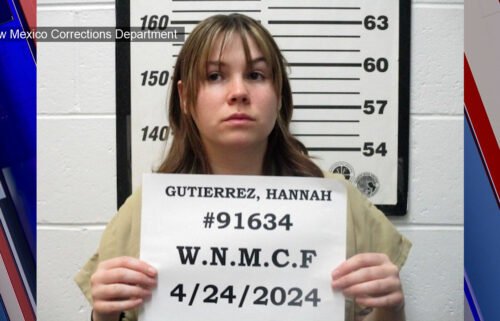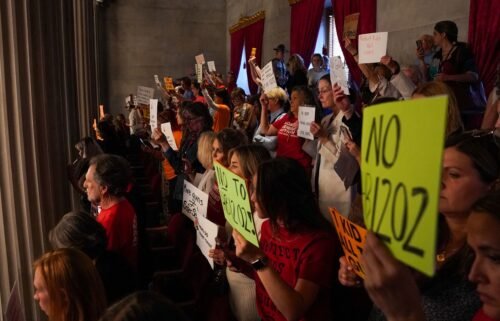Legal experts say ADA doesn’t give blanket exemption from face mask mandates by government or businesses

EL PASO, Texas -- Can businesses deny entry to someone for not wearing a face mask?
During an El Paso City Council meeting earlier this week, city Rep. Sam Morgan said under Texas Gov. Greg Abbott's face mask mandate a "medical condition" is not clearly defined.
The governor's order exempts "any person with a medical condition or disability that prevents wearing a face covering."
If someone says they're not wearing a mask due to medical reasons, Ellen Smyth, the director of the city's environmental services division, told ABC-7 that compliance officers cannot ask what those medical reasons are.
"The thing about it is it's a sticky wicket because when you start talking about the American with Disabilities Act, no one has the right to ask you what your disability is," she maintained.
But legal experts seem to take a different view than Smyth.
While the ADA does require disabled people to be "reasonably accommodated" by businesses, those accommodations do not allow for general waivers from mask-wearing requirements, according to the federal government.
The U.S. Department of Justice - which enforces the ADA - said in a recent statement on the topic of face masks that "the ADA does not provide a blanket exemption to people with disabilities from complying with legitimate safety requirements necessary for safe operations."
Jessica Roberts, the director of the Health Law & Policy Institute at the University of Houston, elaborated on that point in a recent interview with USA Today.
First, she said "there is no right not to be asked about your health conditions. (Federal law) covers only a limited number of entities, which does not include employers or businesses."
Second, she said even if a person does identify their disability and prove that not wearing a mask without any other precaution was a reasonable request, under the ADA “the business could still turn that person away based on the direct threat” that they pose to the health and safety of others.
Jasmine Harris, a professor of law at University of California at Davis, summed it up to USA Today like this: “How the law is currently getting described is that everybody has protections under the ADA, and that is certainly not true.”
The bottom line explains Stephen Befort, a professor at the University of Minnesota Law School, is that there is an onus on an individual who claims they can't wear a mask to prove it under the ADA if they're seeking a special exception to a face covering mandate.
“Basically, only an individual with a disability who can show that wearing a mask would significantly interfere with their ability to breathe or some other necessary function could claim that an exemption from a mask requirement would constitute a reasonable accommodation," he told USA Today.
The U.S. Centers for Disease Control offers these suggested recommendations on who should not wear a mask:
- Children younger than two years old.
- Anyone who has trouble breathing
- Anyone who is unconscious, incapacitated, or otherwise unable to remove the mask without assistance.


